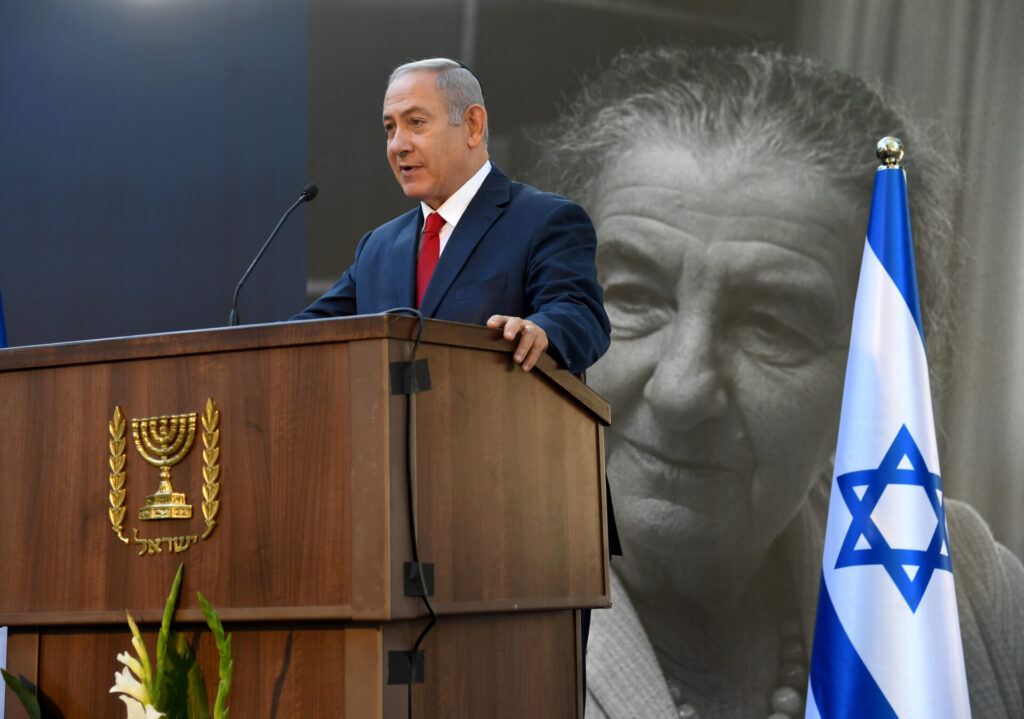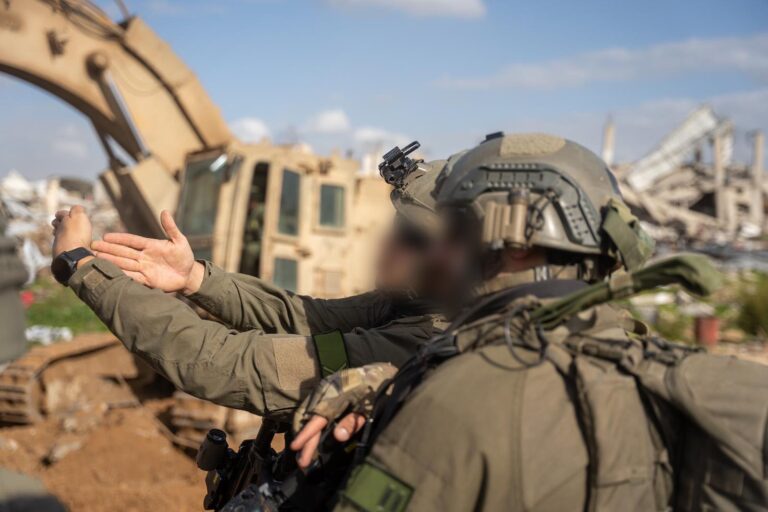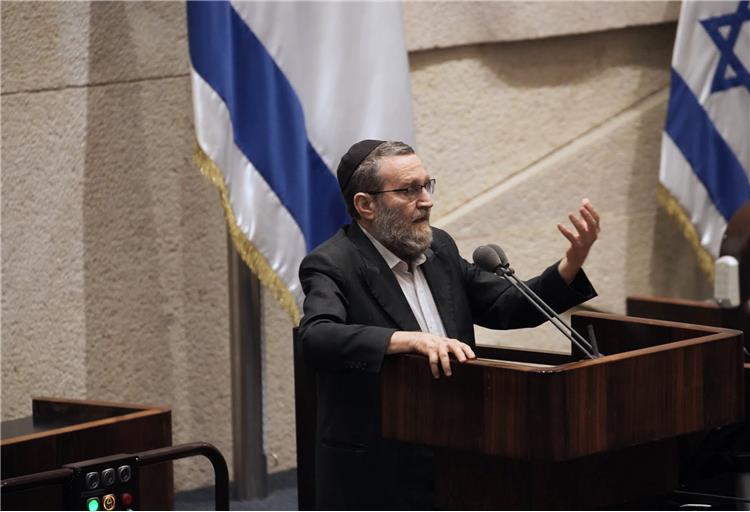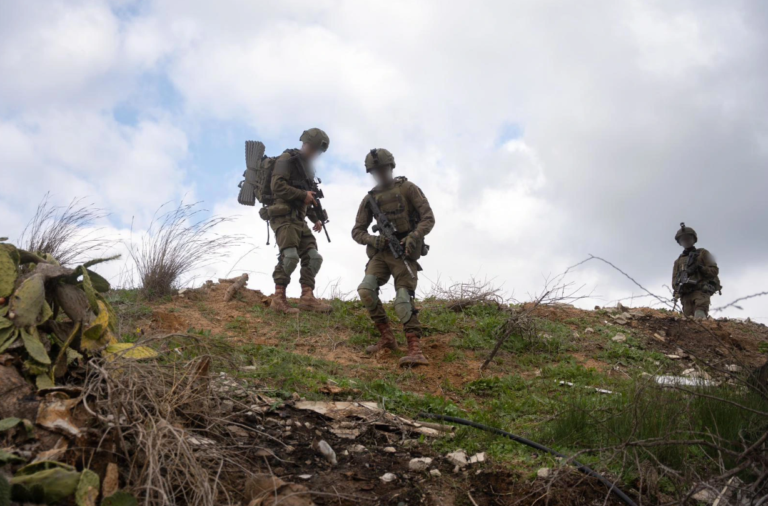The last time the Knesset convened during the festival of Sukkot was on October 16, 1973. Prime Minister Golda Meir stood before the plenum to announce that the IDF had crossed the Suez Canal into Egyptian territory. That was the moment it became clear to everyone that the tide of the Yom Kippur War had turned. The leader of the opposition, Menachem Begin, rose after her and quoted Winston Churchill: “What is our aim? It is victory — victory at all costs.”
On October 13, 52 years later, barring any last-minute change, Donald Trump will address the Knesset. The accent will be Golda’s, who grew up in Milwaukee; the language less restrained than Begin’s.
Despite the separation of more than half a century, the situation is strikingly similar: a war that began with a surprise attack on Israeli soil ends beyond the enemy’s lines. A sober look and an honest reckoning will show a victory greater than it may appear through the unbearable pain of war — through news of another fallen soldier, the hostage videos, and the grim procession of bodies from Gaza that at times seemed endless.
Even after the 1967 Six-Day War, there were those who struggled to grasp the scale of the achievement. The writer Yovav Katz captured that ambivalence in his bittersweet song, My Daughter, Are You Crying or Laughing?, about a young girl from Kibbutz Gadot in northern Israel, who emerges from a shelter at the war’s end only to find her home destroyed by shelling:
Look up, my daughter, to the mountain,
The mountain that was like a monster
There are still cannons, my child, on the mountain,
But they now threaten Damascus.
After two years of war, the IDF’s cannons — or more precisely, its fighter jets — now threaten Damascus. They have struck six Muslim capitals. Gaza, once the world’s epicenter of terror, lies in ruins. Hamas no longer threatens Israelis, and if Israel resists the temptation to return to its old habits of restraint, it will not rise again. Iran has been dealt a severe blow, and its nuclear project crippled. Hezbollah — Israel’s most dangerous enemy since Gamal Abdel Nasser’s Egypt — is taking hits daily and no longer dares fire even a single mortar at the Jewish state.
For the first time, there is real hope that children living near the Gaza border will grow up without sirens and rocket alerts every few weeks. There will be no new “round” with Gaza anytime soon — and if there is, it will take place under entirely different conditions. For the first time in two generations, the security of Israeli citizens matters more than the exact line of the international border — in Lebanon, in Syria, in Gaza, and even in the skies above Tehran.
In the War of Independence, one percent of Israel’s population was killed, yet everyone understood that it ended in victory — a victory that is still celebrated to this day. This war, too — though it has yet to be given a name — will be remembered the same way.
This is an excerpt from my Shabbat column for Israel Hayom. You can read it on Israel Hayom’s website here.









